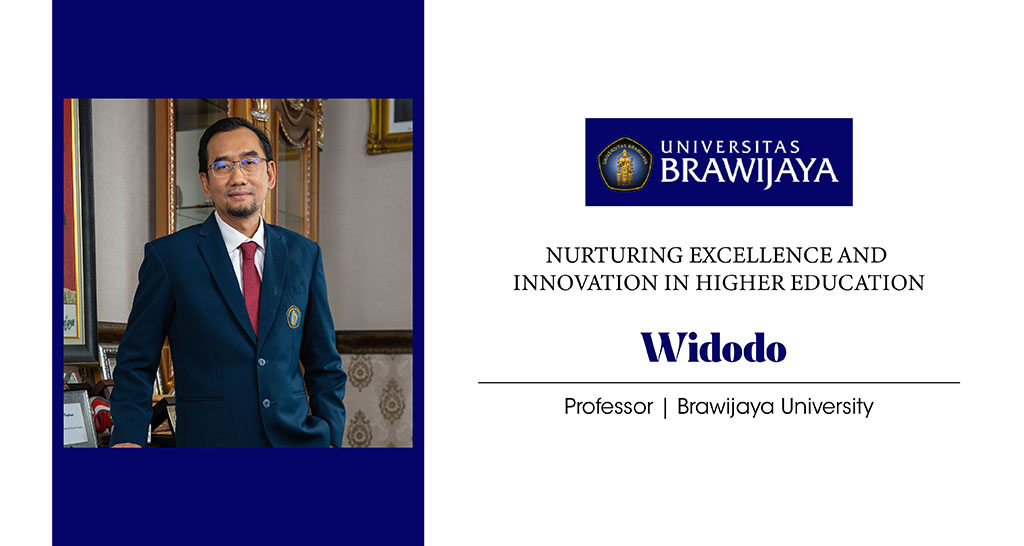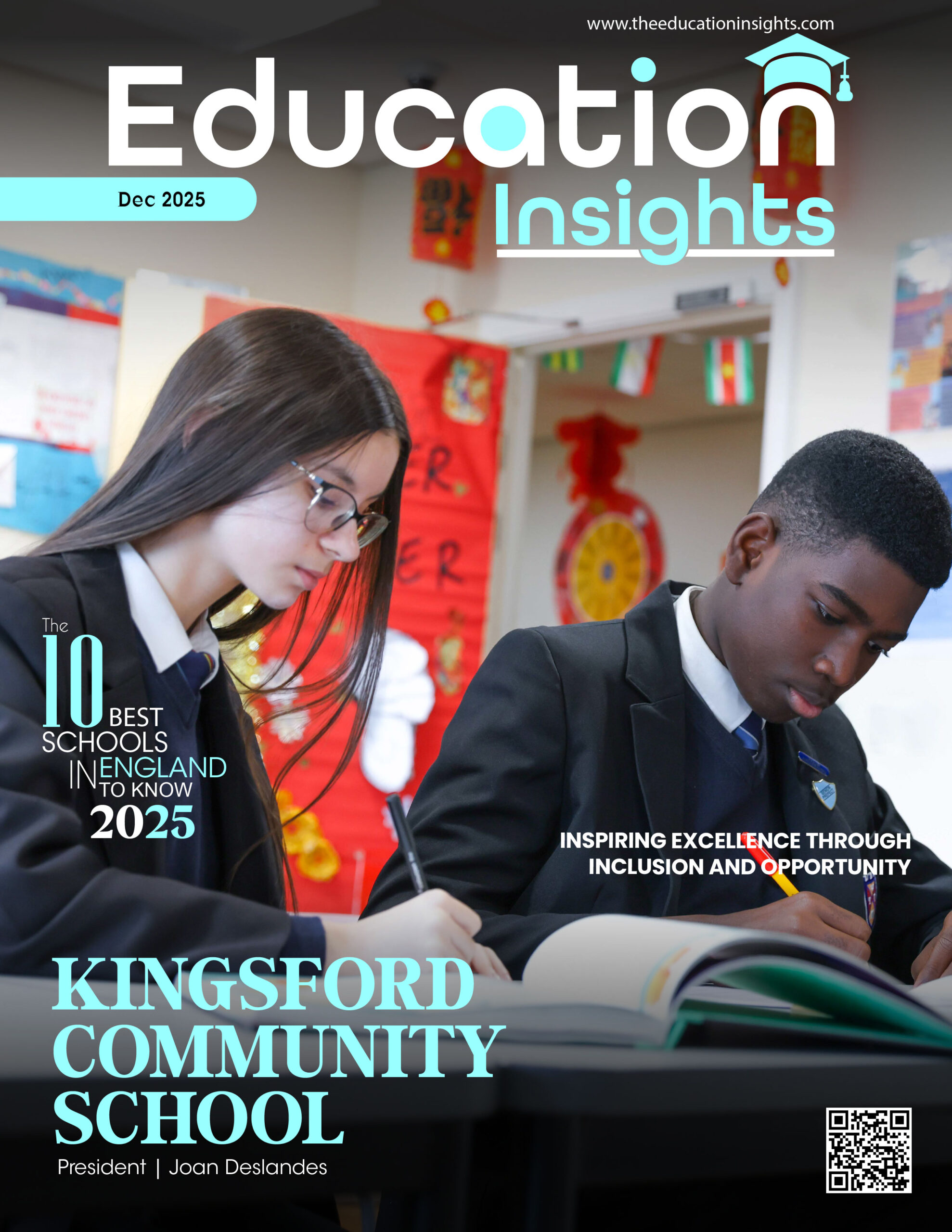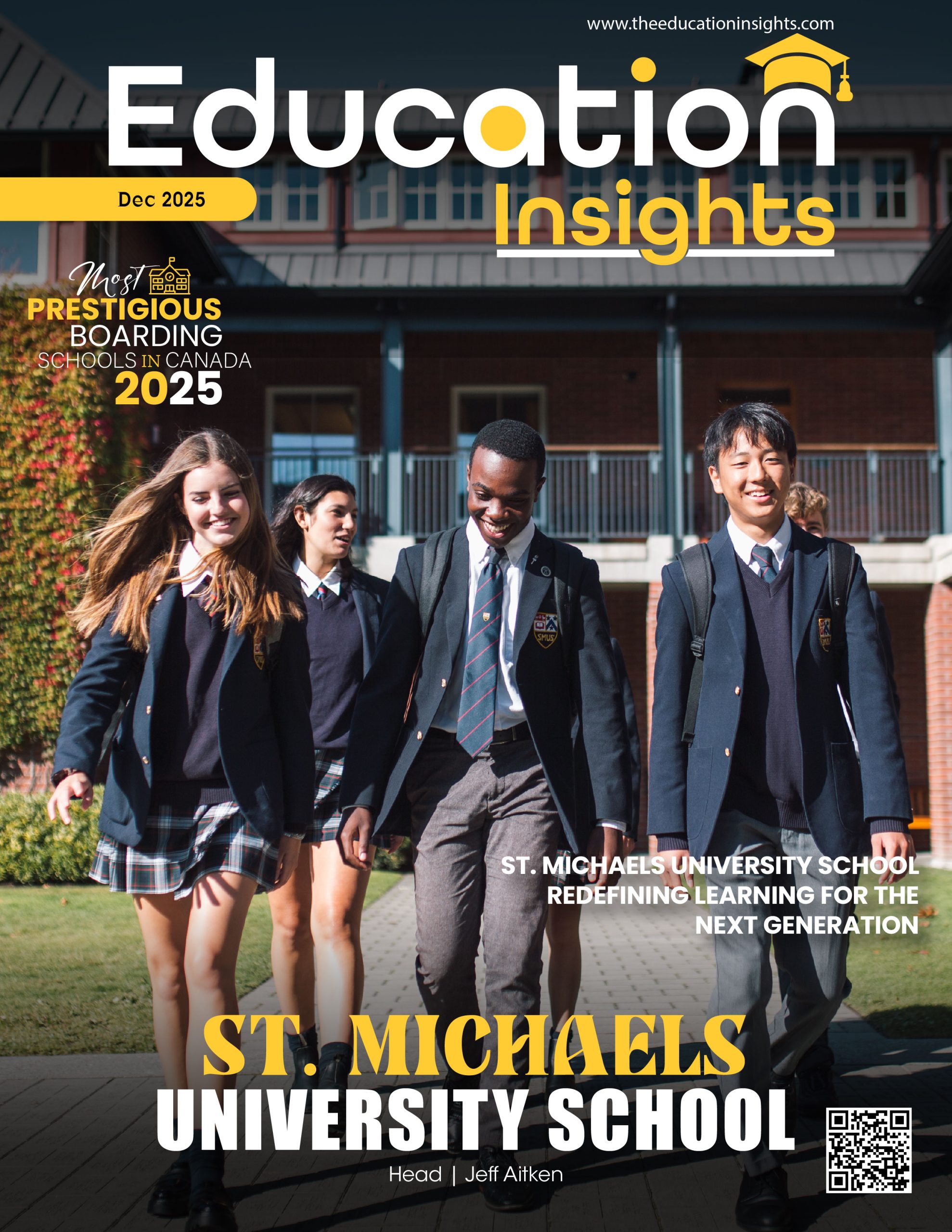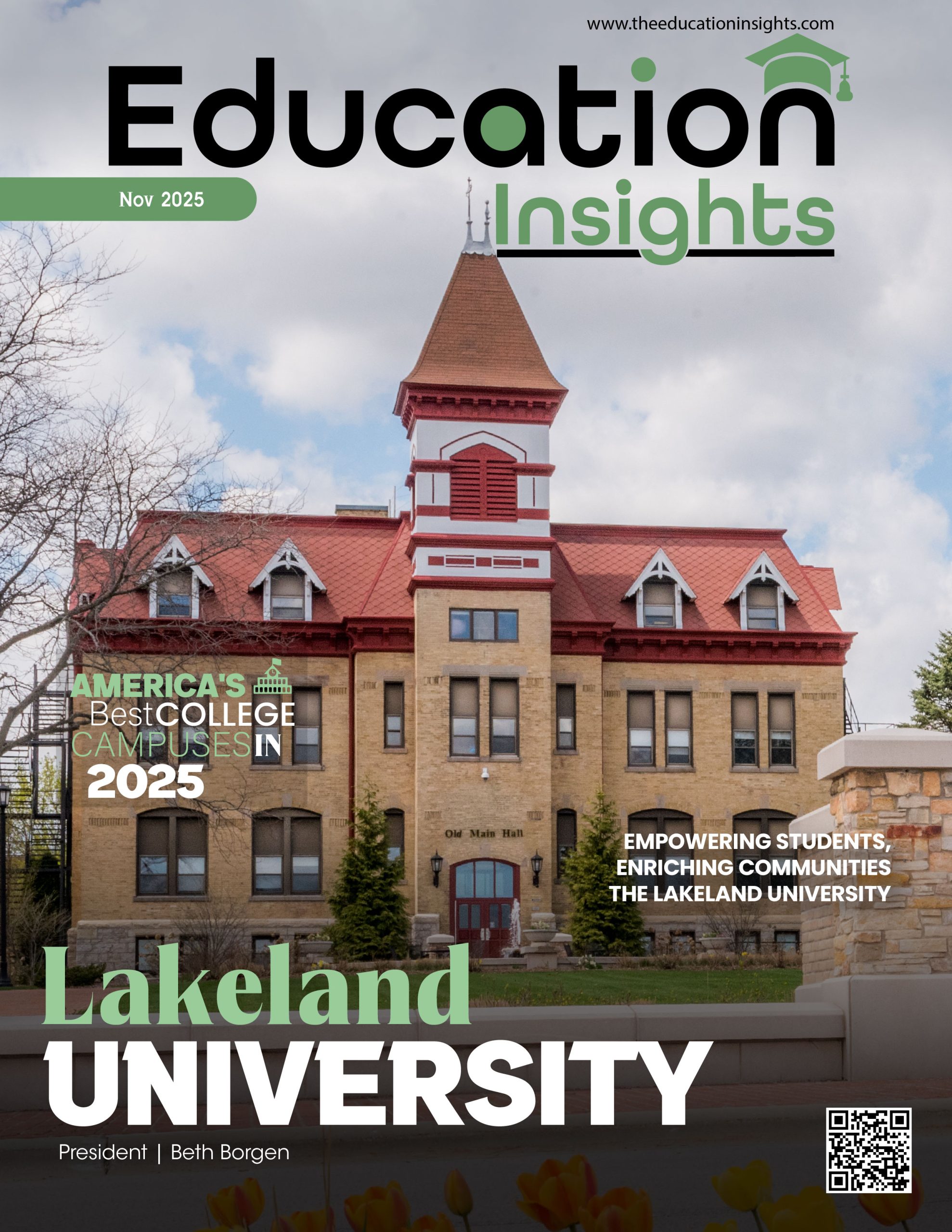Established on July 11, 1961, Brawijaya University is one of Indonesia’s prominent universities. Boasting over 60,000 students on several campuses in Malang, Jakarta, and Kediri, the institution offers a range of vocational, bachelor’s, master’s, doctoral, professional, and medical specialist programs. The university is well-equipped with academic resources, encompassing libraries, laboratories (LSIH and LSSR), Research and Community Services (LPPM), Educational Development (LP2), QA Center (LPM), International Office, Bioscience Institute, UB Press, UB Media and Communication Group, Integrated Labs, UB Forest, Agrotechnopark, and the Center of Disability Studies and Services.
In addition to academic activities, the university fosters a vibrant student community with various activity groups and facilities, including Pertamina Sports Arena, Pertamina Sports Clubhouse, Samantha Krida Hall, Widyaloka Hall, football fields, and other amenities at the Dieng Campus. Supporting facilities include a Bus Fleet, Student Dormitories, an Employee Co-op, an International Student Dormitory, a Bank and ATM Center, a Post Office, a Raden Patah Mosque, a Composting Facility, and a Halal Canteen. The university also provides Alumni Associations, a Career and Entrepreneurship Development Unit, and a Business Incubator for alums.
Keeping pace with the modern era, UB provides IT and computer facilities, including an Academic Information System, Registration and Student Selection Information System, New Student Admission Online Information System, Integrated Service Information Portal (GAPURA), Student Academic Information System, and Decision Support System, with large internet bandwidth available. The University also supports the safety and health of its people with facilities like Firefighting and Rescue, Ambulance, Health Clinic, UB Hospital, and e-counseling.
Aligning Programs with Industry Needs
UB consistently looks up to global benchmarks in higher education, drawing inspiration from institutions like the Massachusetts Institute of Technology (MIT) and the National University of Singapore (NUS). Their commitment to research, innovation, and global collaboration profoundly influences UB’s academic and operational philosophies.
To align its programs with industry requirements, Universitas Brawijaya (UB) actively fosters strong collaborations with the private sector. The university constantly revises its curricula according to market trends and engages in ongoing dialogues with industry leaders. This innovative approach ensures UB’s graduates are academically proficient and industry-ready. Notably, the Universitas Brawijaya has established a business holding on campus to oversee the utilization of research findings in industry and facilitate collaboration with various sectors. Furthermore, the university reinforces its ties with the industry by establishing an emerging corporate laboratory. This initiative further enhances UB’s capabilities for industry collaboration.
Innovation is the Key
UB nurtures a culture of research excellence by providing robust support systems for its faculty and students. These include research grants, mentorship programs, and state-of-the-art facilities. The University’s AI Centre boasts a supercomputer, while laboratory equipment and instruments are available at both the university and faculty levels, fostering resource-sharing among academics.
Collaboration with industry and international researchers is a prerequisite for UB’s research funding, resulting in the publication of high impact papers in leading international journals. This environment encourages innovative research and scholarly publications.
Presently, UB is actively engaged in cutting-edge research in IT and management. Notably, UB’s research center collaborates on national and international projects with a sharp focus on leveraging technology to address pressing social issues. These initiatives are critical in advancing knowledge and offering practical solutions to real-world problems. UB’s research output annually contributes to approximately 1600 papers and patents, many of which serve as prototypes and/or products for industry partners.
Helping Students Achieve Global Standards
Over 60% of UB’s study programs are internationally accredited to help students achieve global standards. The university provides its students and faculty valuable international exposure through various programs and initiatives. These include exchange programs for students and faculty collaborations on international research projects, participation in global conferences and workshops, and international classes for international students.
UB’s collaborations span continents, with partnerships with universities in Asia, Europe, and the Americas. These alliances facilitate mutual learning and exposure, enriching UB’s academic environment and broadening its global perspective.
Looking at the Future
UB’s academic offerings center on constant improvement. The university consistently evaluates and updates its curricula, integrating emerging trends and technologies while adopting global best practices. Additionally, its feedback mechanism from stakeholders ensures the institute remains adaptive and responsive to changes.
Looking ahead, the university aspires to position itself as a leading global institution known for its impactful research, innovative teaching methods, and extensive community engagement. Universitas Brawijaya is fully committed to expanding its international collaborations, enhancing its research capabilities, and fostering a sustainable and inclusive educational environment.
About the Rector
Professor Widodo, S.Si., M.Sc., Ph.D., MedSc, serves as the rector of Universitas Brawijaya. With a distinguished career spanning two decades, Prof. Widodo has devoted his life to advancing global health by bridging the gap between ancient wisdom and contemporary science.
Hailing from Indonesia, Prof. Widodo is renowned for his groundbreaking work in pharmacogenomics, particularly in the context of traditional Indonesian herbal medicines.
Prof. Widodo’s research has validated the scientific basis of traditional remedies and paved the way for the development of innovative therapeutics. Widely recognized under the name of Widodo Nashi, his publications have received international recognition for their significant contributions to global health and traditional medicine.










